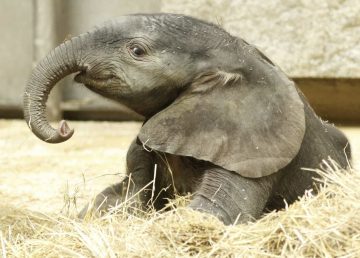
Compared to humans, whales and elephants can have hundreds of times the number of cells — and have similarly long natural lifespans — but their cells mutate, become cancerous, and kill them less frequently. This quirk of nature, which the ACE team is studying, is called Peto’s Paradox, named for Richard Peto, a British epidemiologist. In the late 1970s, he proposed that there must be some kind of natural selection for cancer suppression, because humans live longer and are much larger than mice, but the species have similar rates of the disease.
More here
No comments:
Post a Comment